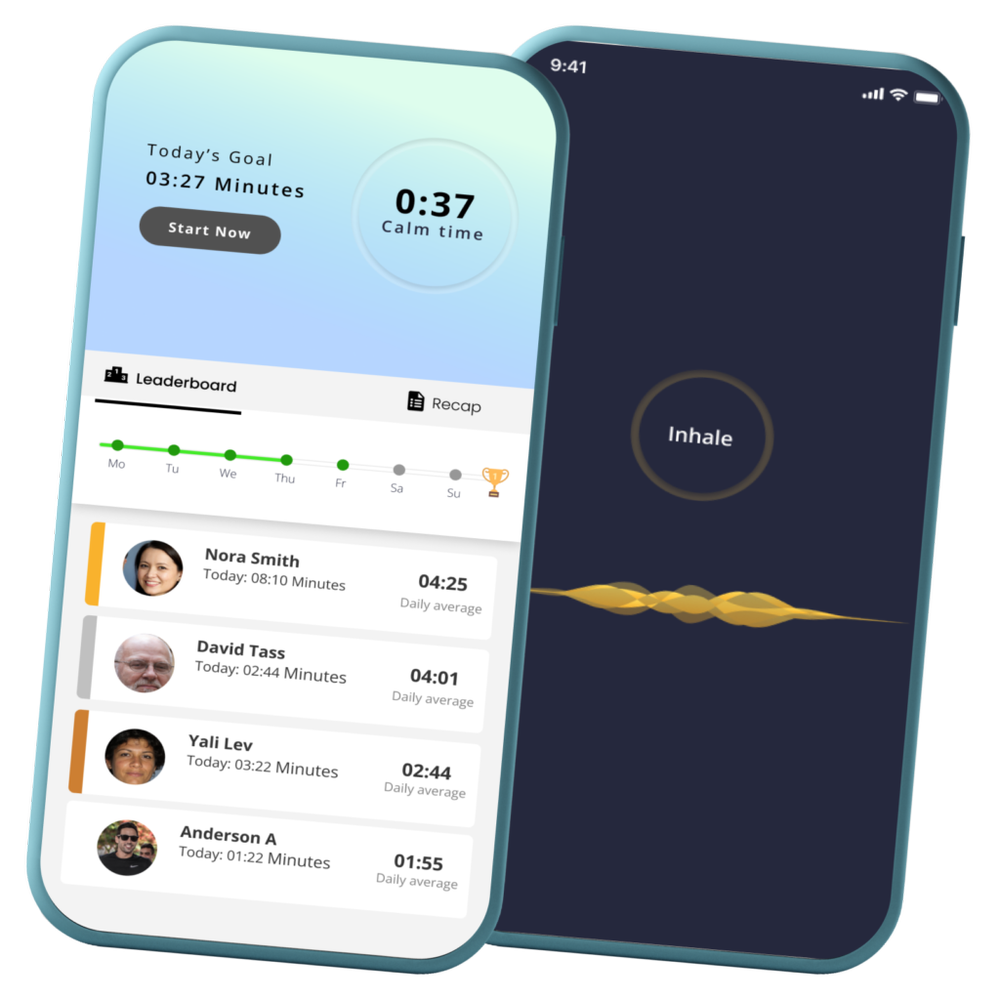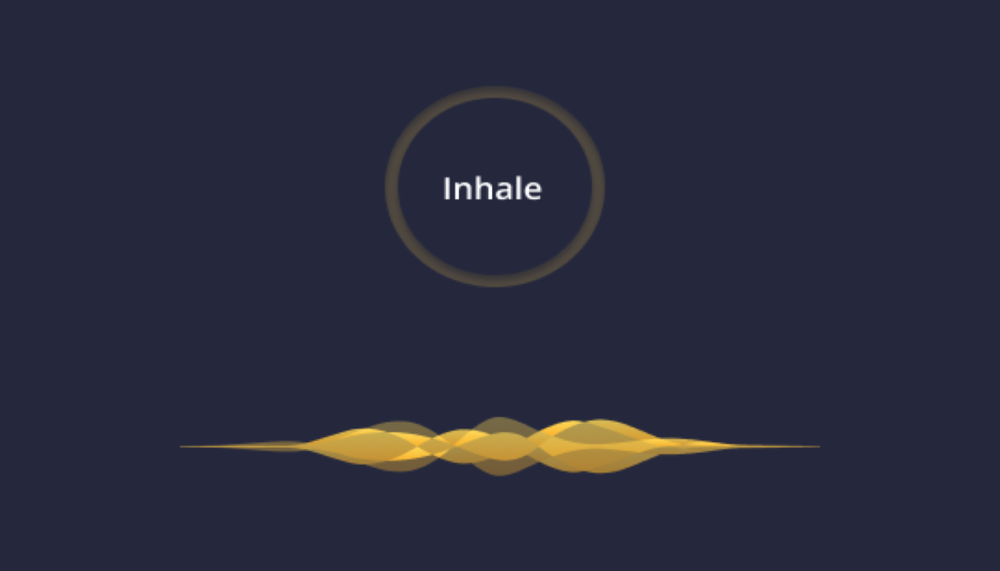Drawing from ancient traditions and backed by modern science, breathing exercises exert a profound influence on our mental well-being. With their simplicity and accessibility, these exercises hold the potential to cultivate a calmer, clearer, and more resilient mind.
The Science Behind Breathing Exercises
Our breath is deeply intertwined with our emotional state. When we face stressful situations, our bodies instinctively activate the “fight-or-flight” response, characterized by rapid, shallow breathing. This physiological response leads to increased heart rate, muscle tension, and a heightened sense of anxiety.
Breathing exercises, particularly deep breathing, effectively counteract this stress response by slowing down our heart rate and deepening our respiration. This shift in breathing patterns triggers the activation of the parasympathetic nervous system, responsible for relaxation and restoration.
Reducing Stress and Anxiety
Studies have consistently demonstrated the efficacy of breathing exercises in reducing stress and anxiety. A meta-analysis of 14 randomized controlled trials found that deep breathing techniques significantly lowered anxiety symptoms compared to control groups.
Another study, focusing on individuals with social anxiety disorder, revealed that breath-holding interventions effectively reduced anxiety levels and improved social interactions.
Alleviating Depression
Breathing exercises have also shown promise in alleviating symptoms of depression. A study involving individuals with major depressive disorder found that mindfulness meditation, which incorporates focused breathing techniques, led to significant reductions in depressive symptoms.
Another study, investigating the effects of a breath-based intervention on pregnant women experiencing stress and anxiety, revealed that the intervention effectively reduced levels of depression and improved emotional wellbeing.
Enhancing Mood and Cognitive Function
The benefits of breathing exercises extend beyond stress and anxiety reduction, positively impacting mood, sleep, and cognitive function. Deep breathing stimulates the release of endorphins, natural mood-boosters, while also promoting relaxation, leading to improved sleep quality.
Studies have also shown that breathing exercises can enhance cognitive function by increasing blood flow to the brain, improving focus, concentration, and memory.
Incorporating Breathing Exercises into Daily Life
Breathing exercises, devoid of special equipment or complex techniques, can be easily incorporated into daily routines. Simple deep breathing exercises, such as diaphragmatic breathing or box breathing, can be practiced for a few minutes at a time, multiple times a day.
Mindfulness meditation, which incorporates focused breathing and body awareness, is another effective approach to harnessing the power of breath for mental wellbeing. Guided meditation apps and online resources offer a wealth of options to suit individual preferences and levels of experience. For workplaces or groups, the Reaction Club app offers the ability to create a supportive community for breathing exercises.

A Natural Path to Mental Wellness
Breathing exercises, backed by scientific evidence, offer a safe, natural, and accessible approach to improving mental health. By incorporating these exercises into daily routines, individuals can effectively manage stress, alleviate anxiety, combat depression, and enhance overall mental wellbeing.
In a world that often prioritizes speed and efficiency, breathing exercises serve as a reminder of the importance of slowing down, connecting with our bodies, and harnessing the power of breath to cultivate a calmer, clearer, and more resilient mind.






